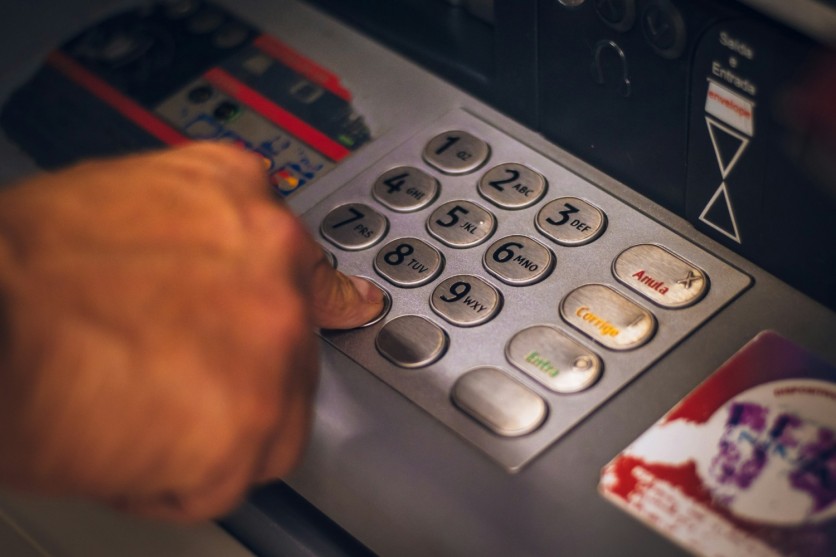Klarna, the popular buy now, pay later (BNPL) company, is expanding its financial services offerings with the introduction of a checking account-like product and a cashback rewards program. This strategic move positions Klarna as a more comprehensive financial solution for consumers.
These new products, launched across 12 markets including the U.S. and Europe, mark Klarna's ambitious move to disrupt traditional retail banking and encourage consumers to centralize their financial activities within its platform.
Klarna's Push to Disrupt Retail Banking

Klarna's latest offerings, dubbed "balance" and "cashback," aim to provide consumers with a more integrated and rewarding financial experience. The balance feature allows users to store funds in a personal account, which can be used for instant purchases and to pay off BNPL loans. Additionally, any refunds for returned items are automatically credited to the Klarna balance, making it a seamless solution for managing everyday finances.
Sebastian Siemiatkowski, CEO of Klarna, emphasized the company's mission to support consumers in their daily spending. He told CNBC that "Klarna wants to support all consumers with their everyday spending. These new products will allow people to earn money while they shop and manage it in a Klarna account."
"These new products make it easier for customers to manage multiple scheduled payments, helping our customers use Klarna for more frequent purchases and driving loyalty," Siemiatkowski said.
Cashback Rewards: Earning While You Spend
Klarna's cashback feature is designed to reward customers for their purchases. Users can earn up to 10% cashback on purchases made at participating retailers. The rewards are automatically deposited into the Klarna balance account, further incentivizing users to consolidate their financial activities within the Klarna ecosystem.
This cashback offering is not just a bonus; it's a strategic move by Klarna to entice customers to shift their spending habits onto its platform. By offering tangible rewards, Klarna aims to differentiate itself from traditional banks and other fintech competitors.
Related Article : Consumer Financial Protection Bureau Imposes Credit Card Regulations on Buy Now, Pay Later Services
Expanding Banking Services Across Markets
While Klarna has previously offered banking services such as checking accounts and savings products in Germany since 2021, the company is now expanding these services to other markets.
Customers in the European Union, where Klarna holds an official bank license, can earn up to 3.58% interest on their deposits, making it an attractive option for savers. However, U.S. customers will not have the opportunity to earn interest on their deposits.
This expansion into more traditional banking services is a clear indication of Klarna's intentions to establish itself as a comprehensive financial services provider, moving beyond its BNPL roots.
Klarna's Path to an IPO
Klarna's expansion into banking comes as the company edges closer to a much-anticipated U.S. initial public offering (IPO). Although no fixed timeline has been set, Siemiatkowski hinted that an IPO in 2024 is "not impossible." The company is currently in discussions with investors about a secondary share sale to provide liquidity to its employees, a move that could precede the public listing.
Klarna's valuation on the open secondary market remains on a high note with estimates in the high-teen billion, according to sources familiar with the matter. As the fintech giant continues to innovate and expand its product offerings, it is positioning itself for a strong entry into the public markets.

![Apple Watch Series 10 [GPS 42mm]](https://d.techtimes.com/en/full/453899/apple-watch-series-10-gps-42mm.jpg?w=184&h=103&f=9fb3c2ea2db928c663d1d2eadbcb3e52)



